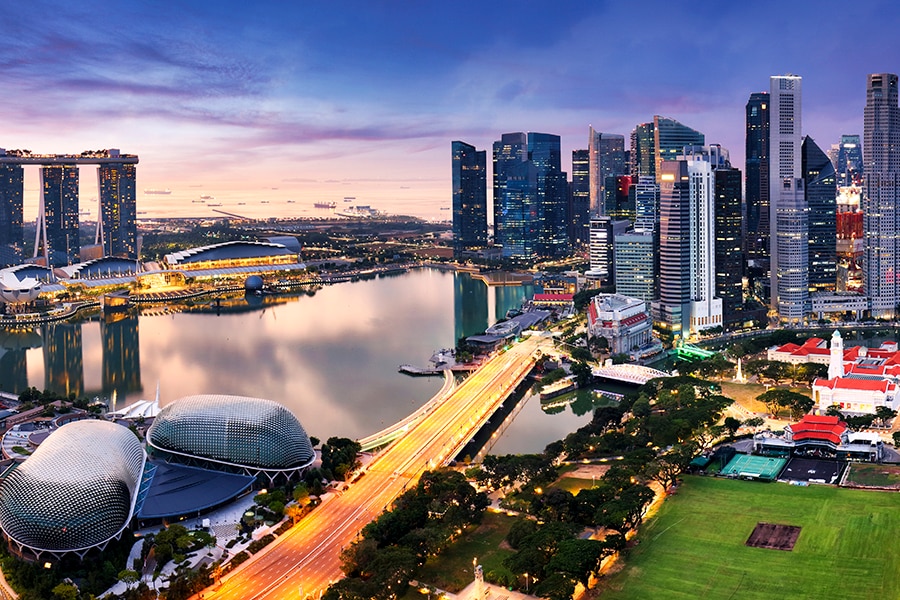Why Singapore, Zurich and Oslo are the world's 'smartest' cities
Singapore tops the Smart City Index 2021, a ranking of the global cities most actively embracing technology, but also ecological, health and societal issues


 Singapore tops the annual IMD-SUTD Smart City Index (SCI) for 2021.
Singapore tops the annual IMD-SUTD Smart City Index (SCI) for 2021.
Image: Shutterstock
Singapore tops the Smart City Index 2021, a ranking of the global cities most actively embracing technology, but also ecological, health and societal issues. The Asian city comes ahead of Zurich and Oslo. These are all cities that, according to their residents, have managed the covid-19 crisis effectively, and which are also likely to become rapidly resilient.
The latest data suggests that environmental concerns are ultimately strongest in relatively wealthy cities. More broadly, access to better air quality and increased health services have become priorities since the onset of the pandemic. Indeed, the covid-19 crisis has dramatically changed the way leaders of large cities think about the challenges ahead. In addition to the climate emergency, health-related factors are also becoming a priority.
In light of the pandemic experience, urban design and planning must also be adapted to meet new challenges in order to make cities permanently resilient in all fields.
1. Singapore
2. Zurich (Switzerland)
3. Oslo (Norway)
4. Taipei (Taiwan)
5. Lausanne (Switzerland)
6. Helsinki (Finland)
7. Copenhagen (Denmark)
8. Geneva (Switzerland)
9. Auckland (New Zealand)
10. Bilbao (Spain)
In North America, New York (12th) is the best performer. In the Middle East, Abu Dhabi (28th) leads the way, while Eastern Europe"s highest-ranking city is Moscow (54th), Latin America"s is Buenos Aires (98th) and Africa"s is Cairo (104th).
The Smart City Index is produced by the Institute for Management Development (IMD) in Lausanne, Switzerland, and the Singapore University of Technology and Design (SUTD). The report ranks 118 cities around the world based on citizens" perceptions of how technology can improve their lives, in addition to economic and social data extracted from the United Nations Human Development Index. The report surveyed 120 residents of each city in July 2021, or nearly 15,000 residents in total.
First Published: Nov 23, 2021, 18:16
Subscribe Now